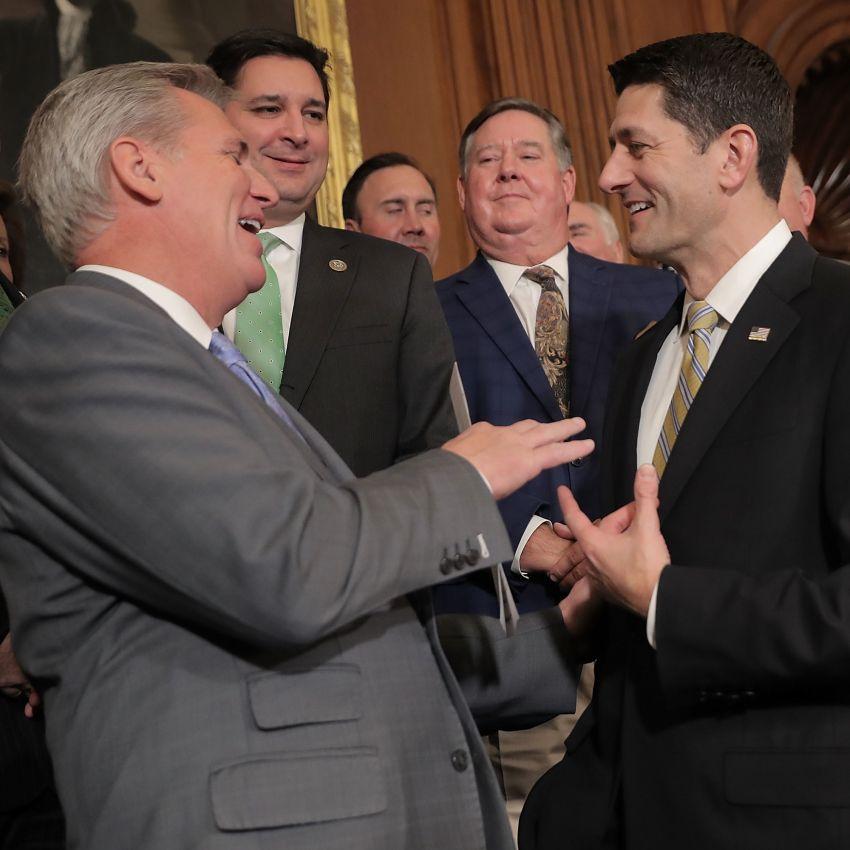On Thursday, the United States House of Representatives passed the Tax Cuts and Jobs Act that, if passed by the Senate, could repeal Section 117(d)(5) of the current tax code and redefine higher-education tax credits, deductions and benefits to graduate students in universities across the country.
Opponents of the tax plan view it as a possible new hurdle on the path of higher education, as those who choose to pursue graduate degrees in the United States would be forced to pay higher income taxes, as the tuition waivers they receive from working as teaching or research assistants will be counted as income that must be reported.
Peter Harries, interim dean of the graduate school, emphasized the importance of graduate education in the area as a source for generating new knowledge and attracting businesses, and spoke about the potential impact this tax plan would have on graduate students in NC State and across the country.
“Research Triangle Park exists where it is because of NC State, Duke and Chapel Hill, and all the intellectual power, and, frankly, the students that they can recruit to their businesses,” Harries said. “I think one thing that is getting lost in this conversation is that they’re giving companies corporate tax breaks, but most companies are really concerned about getting the people that they need, and so they’re basically mortgaging the future to give companies a tax break right now.”
Harries hopes that there will be enough outcry across the country against the idea of “mortgaging our future for relatively short-term gains,” and that more informed perspectives will surface calling for excluding this language from the final version of the tax plan, however he remains uncertain.
“At this point, we really don’t know what the final version is going to be,” Harries said. “It’s really hard to know what to do. There’s so much uncertainty surrounding this, and obviously the Senate bill is very different from the House bill, and what will ultimately come out of that isn’t clear at all.”
Nathan Corder, a graduate student studying statistics, and vice president of external affairs for the Graduate Student Association, is working with sister-organizations in UNC-Chapel Hill and Duke to reach out to senators and pass a petition against the language used in the GOP tax plan.
Some individuals find the exemptions unwarranted and believe they do not belong in the tax plan because it is a benefit, however Corder believes that taxing tuition remission as income is unbeneficial and counterintuitive to the graduate students and educational institutions.
“What I liken it to instead is, suppose you’re taking a job where you knew half of the income that you are going to make on your W2, you had no control over, in fact you had to pay it back to your employer in order to get the job,” Corder said. “No person would choose a job like that one, and so that’s what it’s equivalent to.”
Corder urges all students, including undergraduates, to call their representatives on the behalf of those who could be affected by the policy and voice their concerns, as he believes the current language the tax plan exhibits can put a halt to NC State’s strategic initiatives and mission.
“You may or may not experience what the House bill’s tax overhaul will do with respect to tuition remuneration, however, many of your classes are taught, and if not taught, facilitated or improved by the presence of graduate students on the campus,” Corder said. “We need to continue to have the ability for our departments to recruit the best individuals they can, and hamstringing departments and programs by making tuition count as income and then diluting the purchasing power of the stipends they’re offering their students, is going to have a detrimental impact on the performance of NC State.”








